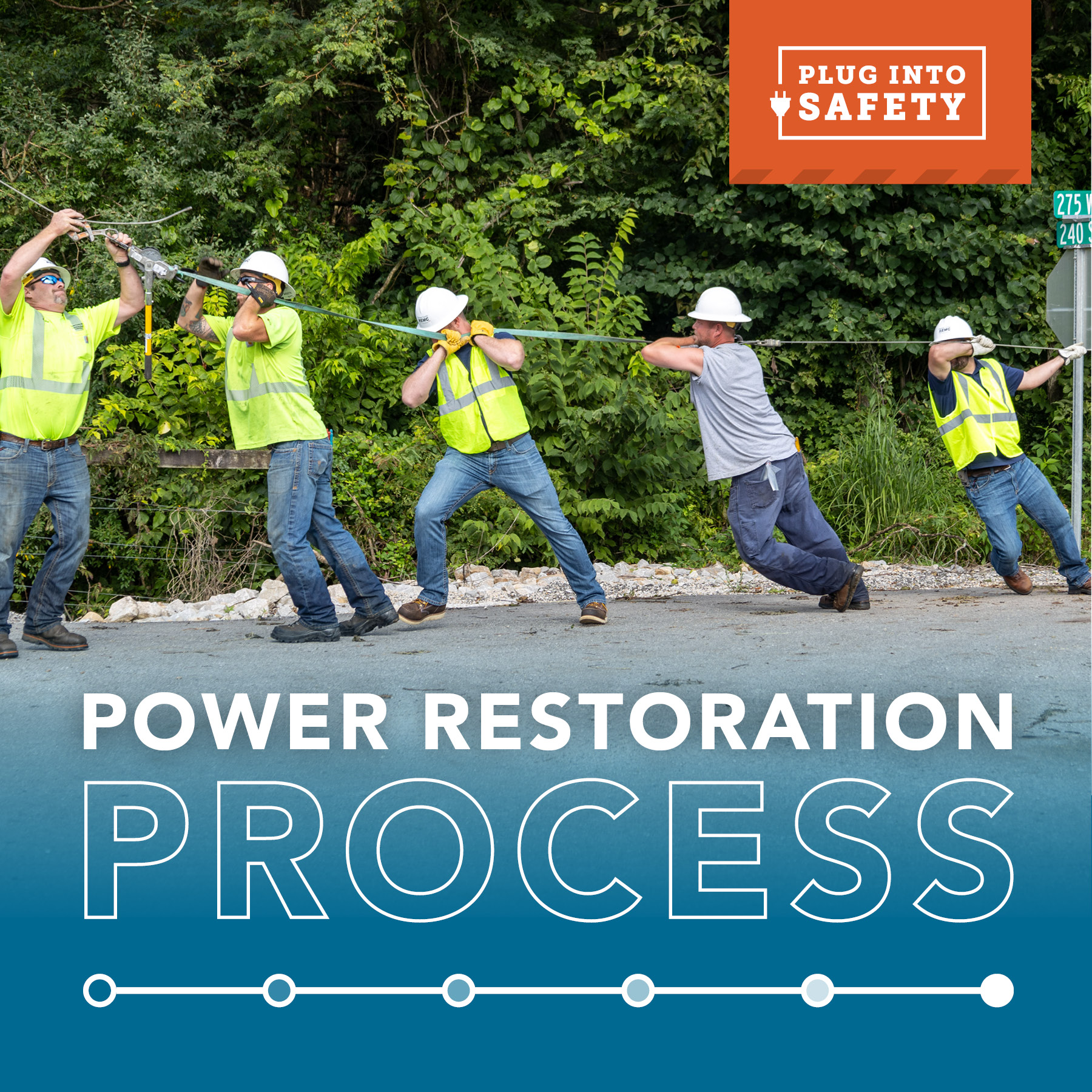If your house has an attached garage, more than likely it’s the main port-of-entry to your home.

More and more, especially in suburban neighborhoods, it seems the garage is the tool shed, workshop, recycling center and a temporary storage area for everything and anything: bikes, skateboards, fishing gear, baseball bats, lawn equipment … you name it. It is also where the electrical panel, and even the water heater and heating system are often located.
All this coming and going and activity can often make your garage wet and dirty, cluttered with sharp objects and flammable liquids, and a general haven for hazards. Here are some tips to keep your garage a safer place.
Electric panels/outlets
- Be sure circuit breakers or fuses are correctly labeled with their amperage and their corresponding rooms, circuits or outlets.
- Never open and touch the panel while standing on a wet or damp floor.
- Always keep the breaker panel door closed and secured. Do not place anything in front of the door.
- Make sure your garage has GFCI outlets. Test them often to make sure they are working properly.
Garage doors
- Have your electric opener and the door itself routinely inspected by a professional. They have many of moving parts that need to be maintained.
- Know when and how to use the emergency release. Always use caution when using this release, and only use it when the door is fully closed.
Portable generators
- Do not operate a portable generator in your garage, home or basement. Even with the garage door open, generators very quickly produce high levels of deadly carbon monoxide.
- If connected to your home’s electrical system, make sure a generator is installed using a UL listed and approved transfer switch in accordance with the National Electrical Code.
Appliances
- If your furnace is in the garage, it’s even more important to have it cleaned and inspected annually by a licensed professional.
- Make sure the area around your furnace and water heater is free of clutter and flammable liquids are stored elsewhere.
- Remove or replace that old refrigerator with a new energy-conserving model. If it’s rarely used, consider having your electric cooperative haul it away; most have programs that will pay you to let them do this, and you’ll save electricity.
Garages can be dangerous places. That’s why it is important to practice garage safety.
But with all the sharp, heavy and incendiary objects stored in the typical garage, you might be surprised to learn that the leading cause of garage injuries is a lack of organization. Messy garages create tripping hazards, and poor storage practices may cause items to fall, if not on your head or foot, then maybe on your car’s windshield.
Consider a family garage-organizing day to put away dangerous clutter. If your garage is especially crammed with unnecessary clutter, you may want to spend a Saturday morning cleaning up the garage so that clutter doesn’t unexpectedly fall from a shelf onto anyone in your garage.
Sources: Electrical Safety Foundation, ehow.com, about.com, Underwriters Laboratories, NRECA, Electric Consumer
Use your electric panel safely
The electric panel, whether it’s in your garage, basement or utility room, is where your home connects to the electric grid. Give it the respect it requires:
- Be sure circuit breakers or fuses are correctly labeled with their amperage and their corresponding rooms, circuits or outlets.
- Wear rubber-soled shoes when checking the panel, and/or stand on a rubber mat. Never open and touch the panel while standing on a wet or damp floor. Be especially careful in your garage where runoff from rain or melting snow from your car can puddle.
- Always keep the breaker panel door closed and secured. Do not place anything in front of the door and keep flammable objects away.
- If you are doing a home repair that requires tripping a circuit or two, tape over the switch and place a note to let others know that switch is to remain off, close the panel door and place a sign or tape on it as well.
- When resetting a circuit or replacing a fuse, use one hand and turn your head away as a simple safety precaution.
- Recurring tripped circuits or blown fuses indicate the potential for a serious electrical problem. Call a professional electrician to have it checked.
Garage refrigerators may be a hazard
Have an old refrigerator in your garage? Not only is it probably costing you more in energy costs to run it than it’s worth, it may also pose a safety hazard.
Many old refrigerators develop a tiny leakage of current because of worn-out insulation on its internal wiring, especially if it has a defrost circuit. This phenomenon is well known and can even be quite dangerous when the refrigerator is placed on an electrically conductive concrete floor, especially a floor that’s damp with condensation.
Replace an old refrigerator with a new energy-conserving model. If it’s barely used, consider having your electric cooperative haul it away; most have programs that will pay you to let them do this, and you’ll save electricity.





